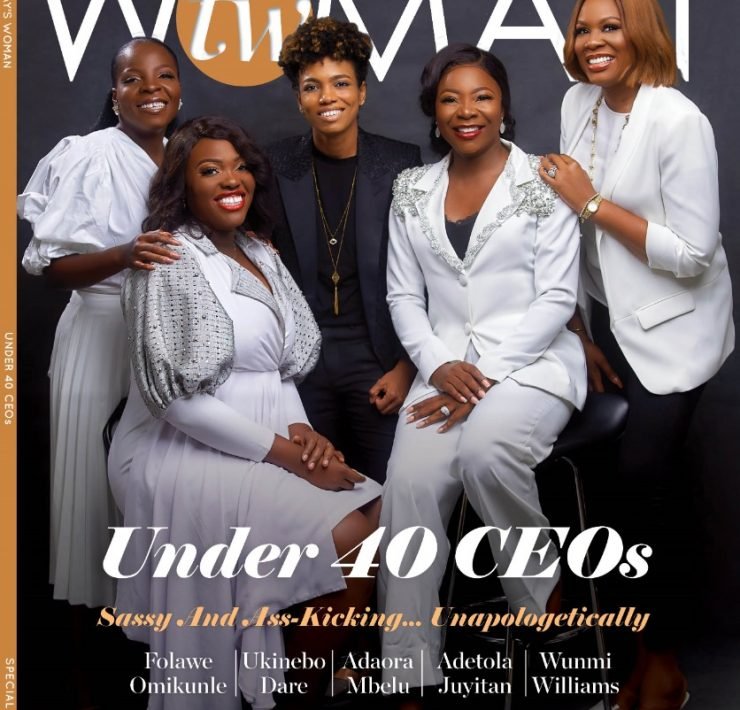How Is Today’s Political Culture Affecting Women?

Being mindful that broad generalizations mask regional and local variations in social values, I’d like to focus on how shifting cultural norms and gender role expectations are reflected in the culture of K-12 schools, and their effects on female students.
For generations, women have grown up in a society that prizes female appearance above other human qualities. Films such as Miss Representation and The Mask You Live In, document how media and popular culture subtly reinforce gender stereotypes that value feminine beauty and masculine dominance. In the Stop Sexual Assault in Schools video ‘Sexual Harassment: Not in Our School!’, professor Caroline Heldman notes that girls early on are inundated with media messages that women are “first and foremost valued by how appealing others find our bodies.”
Even now in the time of the #MeToo and #MeTooK12 movements, stereotypical gender messages remain a powerful force in the lives of K-12 students. In the State of Gender Equality survey conducted this year, almost three-quarters of girls 14 to 19 said they felt judged as a sexual object or unsafe as a girl. The majority agreed with the statement that society considers physical attractiveness the most important feminine attribute. Compared with boys, girls were more likely to say they felt a lot of pressure to put others’ feelings before their own.
Parents’ attitudes have a profound influence on their children’s views about gender roles, which can then play out in schools in unhealthy ways. For example, in the Gender Equality survey, half of the boys heard men in their family make sexist remarks about women, and those boys were more likely to feel pressure to be tough and play along with sexism in school.
Political disputes that have impacts on gender norms and that receive outsize media attention can reinforce popular yet outdated gender stereotypes. Adults in public leadership roles who downplay and minimize reports of male sexual aggression or demean women who come forward at personal risk to report sexual assault perpetuate stereotypes that are echoed in homes and schools. When adults in power normalize youthful sexual harassment or sexual violence, it enables school officials to accept this status quo and evade responsibility for shifting school culture to one of respect for students of all genders and sexual orientation.
We must connect the dots: sexual harassment in the workplace has antecedents in students’ attitudes and behaviours shaped in their formative years. Parents, students, and school staff must become agents for culture change starting in elementary school if we ever want to transition to a gender equitable society.
Source – Forbes
Sign Up to Our Newsletter
Get notified about exclusive offers every week!










